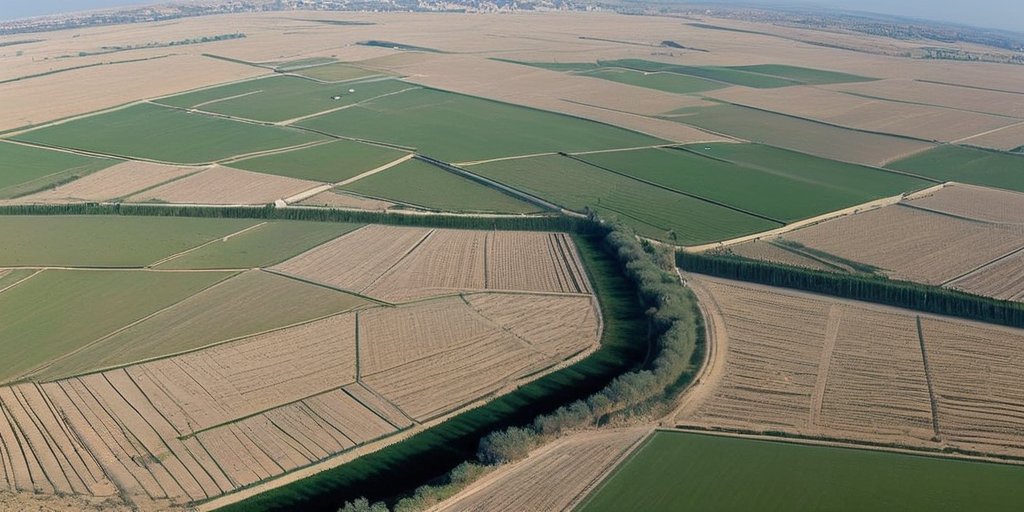In the wake of escalating tensions in the West Bank, Israeli settlers have intensified their land acquisition efforts, significantly impacting Palestinian farmers like Jihad Suleiman Al-Sawafta. Al-Sawafta, who has farmed in Bardala his entire life, shared that his land has been reduced drastically due to the encroachment of Israeli settlers who have established a new road and claimed thousands of dunams of fertile land. According to Al-Sawafta, this disruption not only endangers his livelihood but also diminishes the Palestinian presence in the Jordan Valley, historically known as the West Bank’s breadbasket. As the Israeli military maintains a presence to protect settlers, many Palestinians find it increasingly dangerous to access their agricultural fields.
The report by Peace Now and Kerem Navot highlights alarming trends, indicating that the number of Israeli herding outposts has surged nearly 50% since late 2022, coinciding with the rise of Prime Minister Benjamin Netanyahu’s far-right coalition, which supports settlement expansion. The endorsement of such actions gains momentum amid political backing, including that from former President Donald Trump, who acknowledged in a press conference in February that the idea of annexation is being discussed. This statement has raised fears among Palestinians regarding potential strategies that could further displace them from their land.
Etkes, a co-author of the report, pointed out that many herding outposts are unofficially sanctioned by the government, leading to significant land grabs that are illegal under both Israeli and international law. The implications of these expansions are dire; over 60 Palestinian shepherding communities have been forcibly displaced, and the land seized since the 1990s has dramatically increased in recent years.
Concerns mount that Trump’s administration, which has shown a propensity to support Israeli settlements in occupied territories, would not oppose further annexation. Rights groups and Palestinians assert that these policies not only precipitate violence and displacement but also threaten the agricultural and cultural existence of the Palestinian communities.
The U.N. has previously called for an end to the Israeli occupation of the West Bank, urging Israel to halt all settlement activities, but this call remains unheeded as settler expansions continue to grow unchecked, emboldened by governmental support. Reports indicate that prime funding for these illegal outposts comes directly from the Israeli government, facilitating the construction of infrastructure that further cuts Palestinians off from their resources.
As the situation in the region becomes increasingly complex, the interplay of Israeli policy, settler aggression, and international diplomatic stances continue to shape the lives of countless Palestinian families, instigating fears of a future devoid of their cultural and agricultural heritage.
